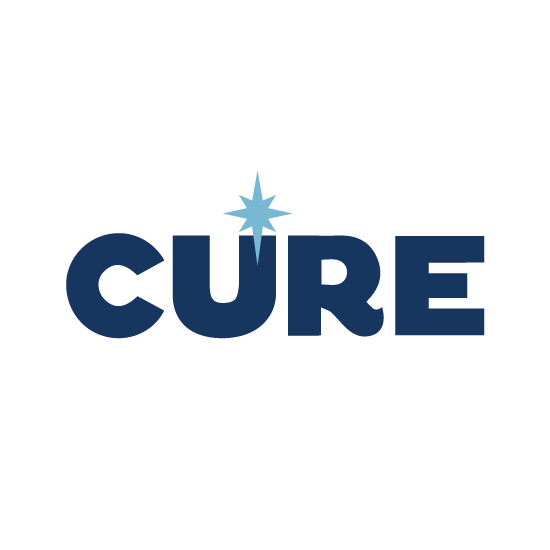For over 30 years CURE’s work has steadily evolved. We continue to blaze new paths. Our story is one of passion, resilience, and unwavering commitment to the people, land, and ecosystems of Minnesota—and beyond.
1992
The Minnesota River faced a dire threat as it was declared one of the most endangered waterways in the United States. At this moment Clean up the River Environment was born. (The name was officially changed to CURE in 2023.) CURE focused its efforts on land use and river protection in the Upper Minnesota River Valley Watershed. We rallied against the proposed channelization of the Lac qui Parle River and emerged triumphant, successfully halting the project. CURE's work underscored the intricate connection between people and nature, emphasizing the significance of clean water and robust ecosystems in fostering thriving rural communities.
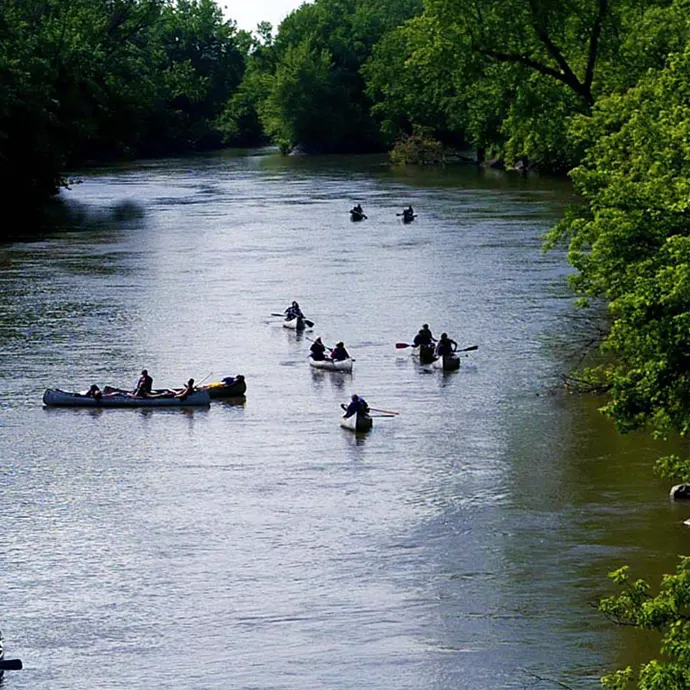
2006
CURE found itself embroiled in a battle against the Big Stone II coal power plant, recognizing the grave threat it posed to the Minnesota River and its surroundings. Taking a grassroots approach, we rallied individuals and communities to prevent the construction of the plant, firmly establishing our role in addressing environmental concerns and promoting fairness in our rural communities.
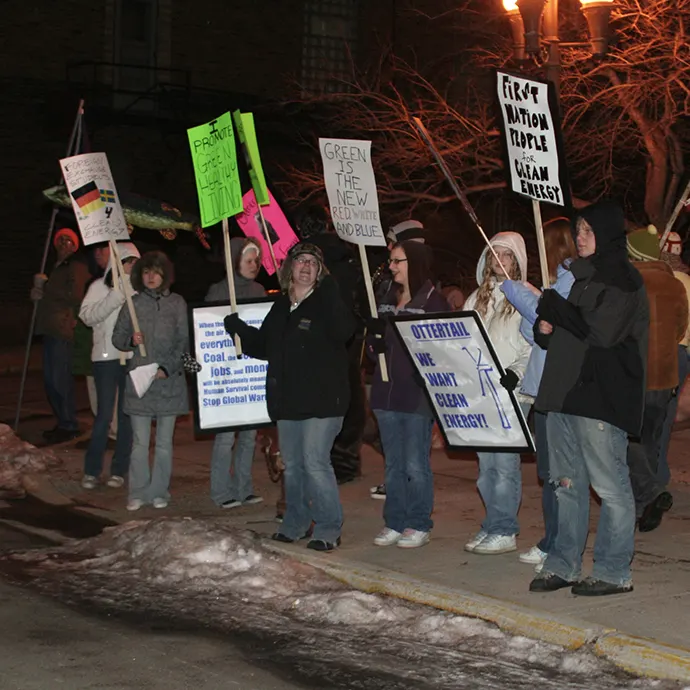
2010
CURE could not ignore the extreme harm coal poses to rural communities in Minnesota after the eye-opening Big Stone II fight. To address climate change, create cleaner energy, and reduce electric bills, rural communities need to tackle the coal issue in co-ops. Since 2010, CURE has actively championed transparency and democracy within these cooperatives, both locally and nationally. This ongoing effort cements CURE's dedication to promoting equitable practices and a clean energy future.
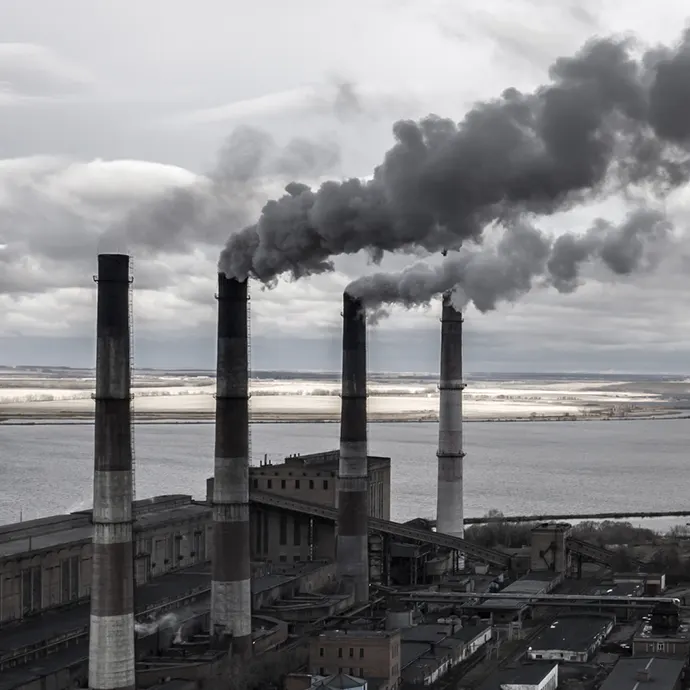
2016
Rural America's challenges were brought into sharp national focus, unveiling issues of disinvestment, marginalization, and disinformation. These concerns were not new to CURE. We regularly heard from our constituents and witnessed first-hand the impacts of population decline, an extractionist economy, the hollowing out of rural newspapers, and national media fragmentation. CURE seized this moment to shed light on the needs of rural communities and advocate for progressive policies that aimed to level the playing field. The urgent calls for racial justice, climate action, economic and environmental equality, and political empowerment expanded CURE's focus, propelling them into the forefront of the fight for justice and fairness.
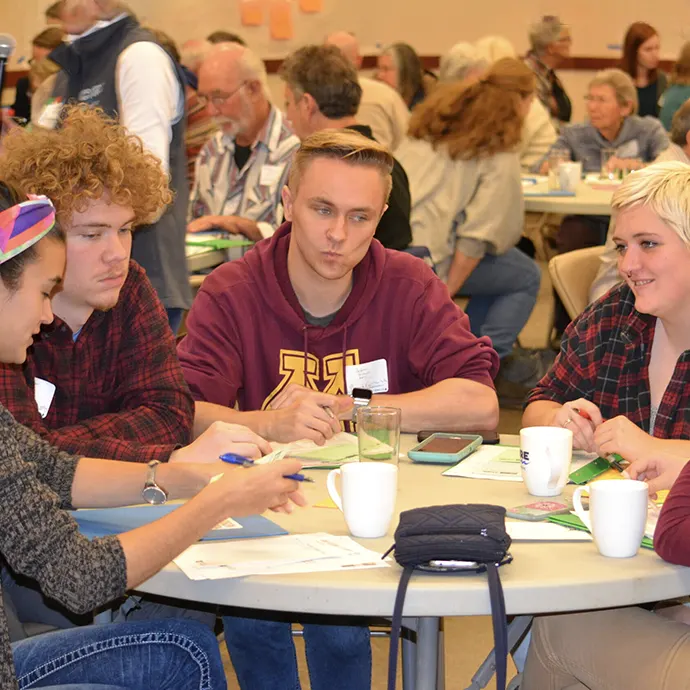
2020
This was a pivotal year with the emergence of COVID-19 and the racial reckoning following George Floyd's tragic murder. The profound impact of national and global forces on rural areas could not be ignored and underscored the vital role of rural communities in addressing major societal issues. CURE doubled down on our commitment to growing justice and equity across Minnesota, especially in rural places.
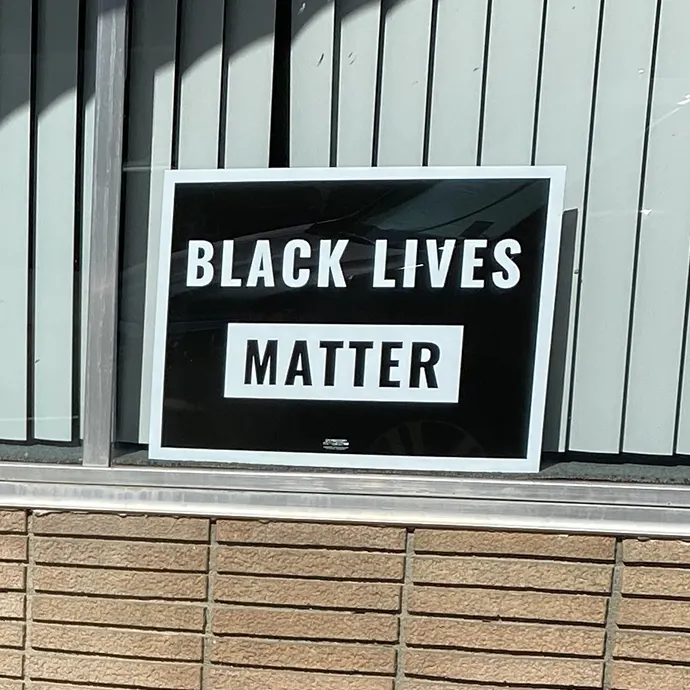
2022
The CURE team tripled in size, stretching across the state in both rural and metro areas. This expanded team and expertise have allowed CURE to have an even broader impact on rural communities, state policies, and federal laws. CURE has been at the forefront of campaigns for rural electrification, countering false climate solutions, and spearheading the creation of a rural movement aimed at rebuilding trust in democracy and amplifying diverse voices.
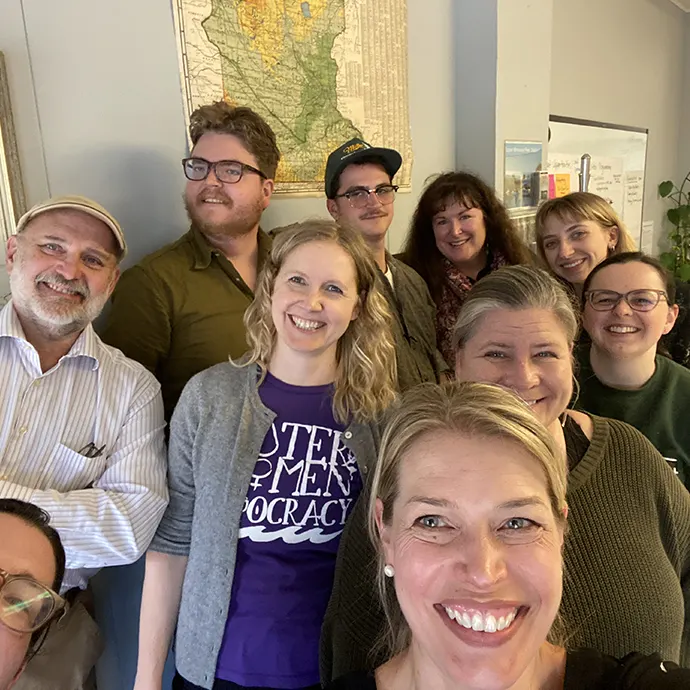
Today
With each chapter we write, we are reminded that the fate of our natural world is intricately entwined with our own, and that through unity and perseverance we can shape a future where both nature and humanity can flourish side by side. CURE keeps going so we can have a Minnesota we are proud to call home, both today and for future generations. Please join us.
